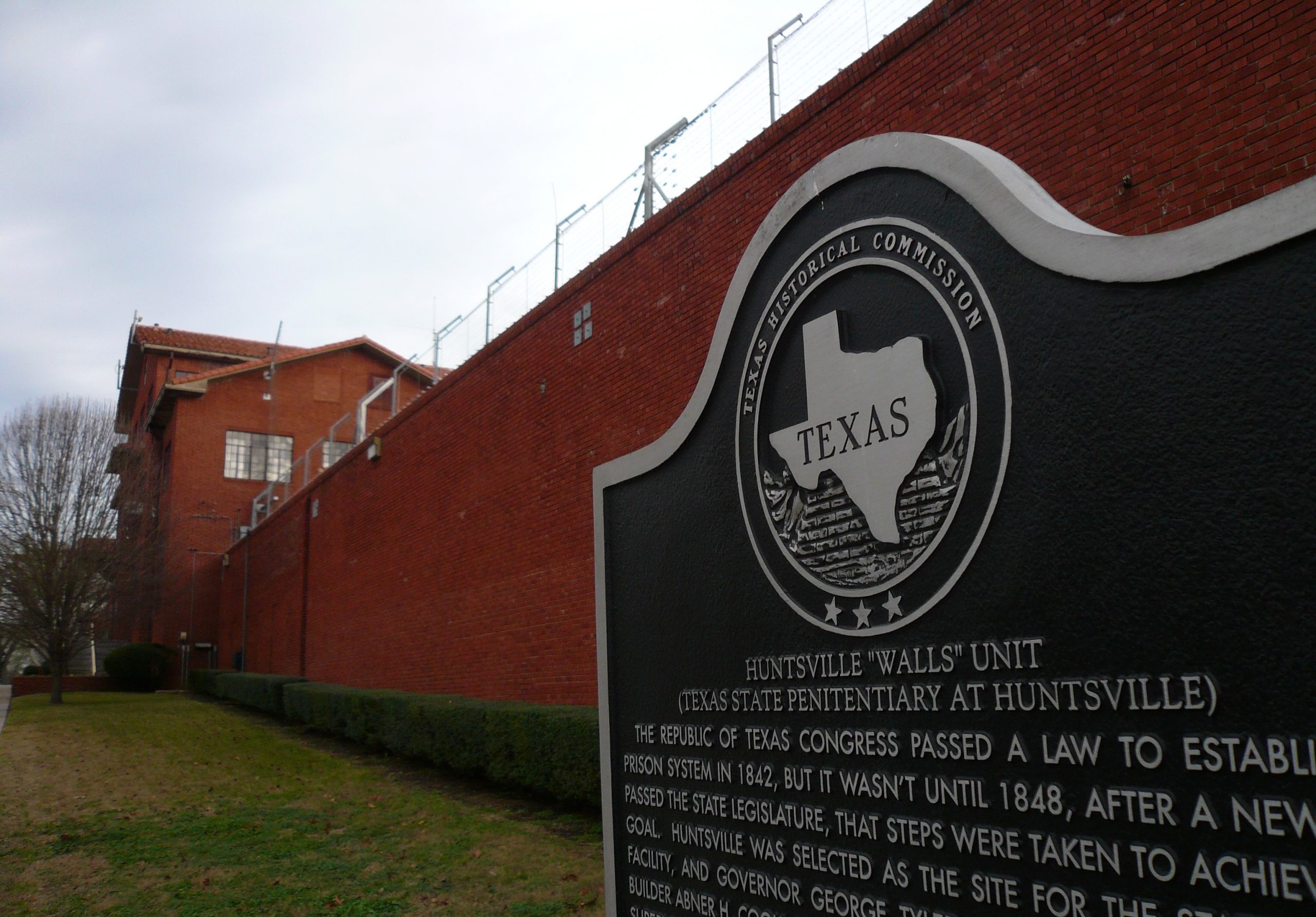CA’s DIR Issues FAQs Related to PAGA after This Year’s Legislative Reform
As you may know, the CA Legislature passed legislation to reform PAGA earlier this year in order to avoid a vote by citizens on a ballot measure repealing the PAGA statute. The FAQs will explain what PAGA is. If you are an employer and have never heard about PAGA, I encourage to read this article and learn more. Also, ensure that your wage and hours practices are in line with CA law. These civil penalties are separate from and additional to other remedies employees may be entitled to, including damages, for Labor Code violations through a separate non-PAGA lawsuit.
Mainly the FAQs address certain aspects of the legislative reform. Here is a brief summary of a few:
Standing up to bring a PAGA suit. PAGA allows employees to bring a lawsuit on behalf of other current and former workers. Before June 19, 2024, an employee could bring a PAGA suit if they had experienced at least one of these alleged violations. The reform legislation changed that and now requires that the employee who files a PAGA lawsuit on or after June 19th, 2024 must have experienced all of the alleged labor law violations. There is an exception to the new standing requirement. Employees who are represented by a non profit legal service organization which has litigated PAGA cases in court for a minimum of five years before January 1, 2025 have standing to file a PAGA suit if they have been subjected to at least one alleged violation.
Increase the percentage of recovered penalties that goes to employees. For PAGA claims that were filed before June 19, 2024 the civil penalties recovered from a PAGA lawsuit was split between the State, and the employees, 75%/25%. For PAGA claims/notices filed on or after June 19, 2024, the civil penalties are split 65%/35% respectively.
Expanded Cure Opportunities for Employers. Employees must notify the Labor & Workforce Development Agency via the DIR PAGA Filing Portal before they can file a PAGA lawsuit. This is done by completing an online form, and sending a letter. The LWDA has delegated the responsibility of investigating PAGA claims that raise violations in wage and hour laws to the Labor Commissioner’s Office. The notice must be sent to the employer via certified mail. The LCO can decide to investigate any PAGA notification alleging wage and hours violations. The LCO will inform the employee if it decides to investigate within 65 days after receiving the PAGA notice. The employee can sue in court if no notice is given to investigate.
- However during the period of notice that the LCO evaluates whether to investigate a PAGA complaint, an employer can cure, or correct certain violations, and avoid PAGA litigation. The PAGA reform legislation has expanded the types violations that can now be cured for notices filed after June 19, 2024. The PAGA reform legislation also introduced new processes for certain types of employer cures:
- Prior to October 1, 2024, the preexisting cure process continues to apply. The PAGA reform legislation has also introduced new processes for certain types employer cures. Prior to October 1, 2024 the preexisting cure procedure continues to apply. The employee who is displeased with the cure may contest its sufficiency. The LWDA will review any cure disputes and notify the employee and employer of its decision in writing. The LWDA can give the employer an additional three days to cure the violation.
- Effective October 1, 2024, employers of any size may cure violations of Labor Code section 226 (wage statement
violations).
- If that is the only violation an employer seeks to cure, the same cure process described above for cures prior to October 1, 2024 applies.
Effective October 1, 2024, employers of any size may cure violations of Labor Code section 226 (wage statement
- violations).[aka paystub]If that is the only violation an employer seeks to cure, the same cure process described above for cures prior to October 1, 2024, applies.
Effective October 1, 2024, employers that employ fewer than 100 employees may submit to the LWDA proposals to cure violations within 33 days of the PAGA notice.
- The LWDA may set a conference to evaluate the sufficiency of the proposed cure and the employer must complete the cure within 45 days of the conference. The employee who is harmed by the LWDA’s determination that the violation has not been cured or the employer did not provide timely notice may file a PAGA suit. An employee who is not satisfied with the LWDA’s determination that the alleged violation was cured may request an hearing to contest that decision. The LCO will preside at the cure hearing. The employee can appeal the LCO’s determination that the violation is cured to Superior Court. An employer may not use the cure provisions more than once in a one-year period for the same violations.
Employers cure proposals are treated as confidential settlement proposals and may not be used to prove the validity of any claim or as an admission of liability. The LWDA’s position on what constitutes an effective cure. Correcting the alleged violation requires the following:
Compliance with the statute alleged to have been violated
- Making each aggrieved employee whole
- If an employee is owed wages, the cure must include: unpaid wages back three years from the notice, seven percent (7%) interest, any liquidated damages required by statute, and reasonable attorney’s fees and costs
- For wage statement violations, the employer must provide fully compliant wage statements to each aggrieved employee for each pay period of the violation going back three years prior to the PAGA notice
- For wage statement violations of Labor Code SS226(a)(8), employer must provide written notice of the correct information to each aggrieved employee.
- New “Early Evaluation Conference” Opportunity for Large Employers. Employers with at least 100 employees can request an early evaluation and stay of the PAGA lawsuit court proceedings when they are served with a summons. This process, which is overseen by an impartial evaluator and will facilitate early evaluation of the dispute, is meant to resolve it in court. This process is distinct from the administrative cure process the LWDA administers.
- Employers are encouraged to work with their employment counsel to audit their wage and hour practices for compliance with CA law. You can find the DIR’s PAGA questions and answers here.






